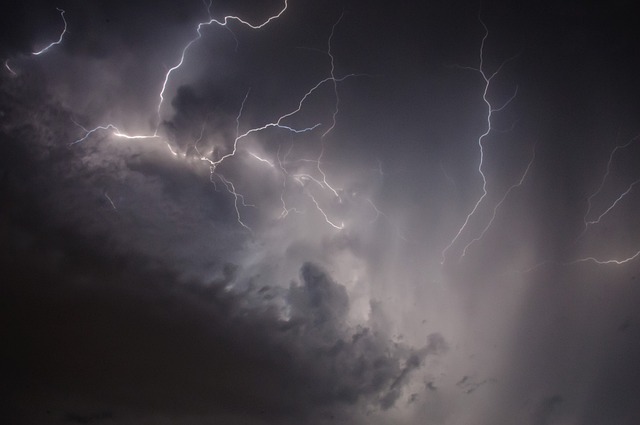Federal Cuts Hurting Meteorologists in Wisconsin
Thursday, July 3rd, 2025 -- 9:00 AM

(Richelle Wilson, Wisconsin Public Radio) Meteorologists in Wisconsin and throughout the country are warning that funding cuts to the National Weather Service are affecting local weather forecasts, which can have serious repercussions during storms, tornadoes and other severe weather.
According to Richelle Wilson with the Wisconsin Public Radio, along with other agencies, the National Weather Service is dealing with a personnel storm as hundreds of jobs have been eliminated at field offices in recent months by the White House’s cost-cutting efforts.
Earlier this spring, five former directors of the National Weather Service published an open letter opposing the cuts, writing that “our worst nightmare is that weather forecast offices will be so understaffed that there will be needless loss of life.”
Bob Lindmeier recently retired as senior chief meteorologist at WKOW-TV in Madison and is a member of the Committee on the Station Scientist, a professional organization for broadcast meteorologists.
He told WPR’s “Wisconsin Today” that data provided by the National Weather Service is crucial to reporting daily forecasts. “As broadcast meteorologists, we do not issue tornado warnings and severe weather or severe thunderstorm warnings ourselves. We pass on what the National Weather Service gives us,” Lindmeier said. “Broadcast meteorologists cannot do their job without them.”
Accurate weather forecasts are important not only when it comes to issuing severe weather warnings to the public but also aviation safety, farming and managing the energy grid.
Most of the forecasting that meteorologists do is based on data provided by the National Weather Service via weather balloons, satellites, Doppler radars and supercomputers that process vast amounts of data and run weather prediction models.
“It’s a finely tuned machine that the National Weather Service and [the National Oceanic and Atmospheric Administration] has had ongoing for many, many years,” Lindmeier said. “When you disrupt that finely tuned machine, it’s hard to get it back going.”
Feel free to contact us with questions and/or comments.




